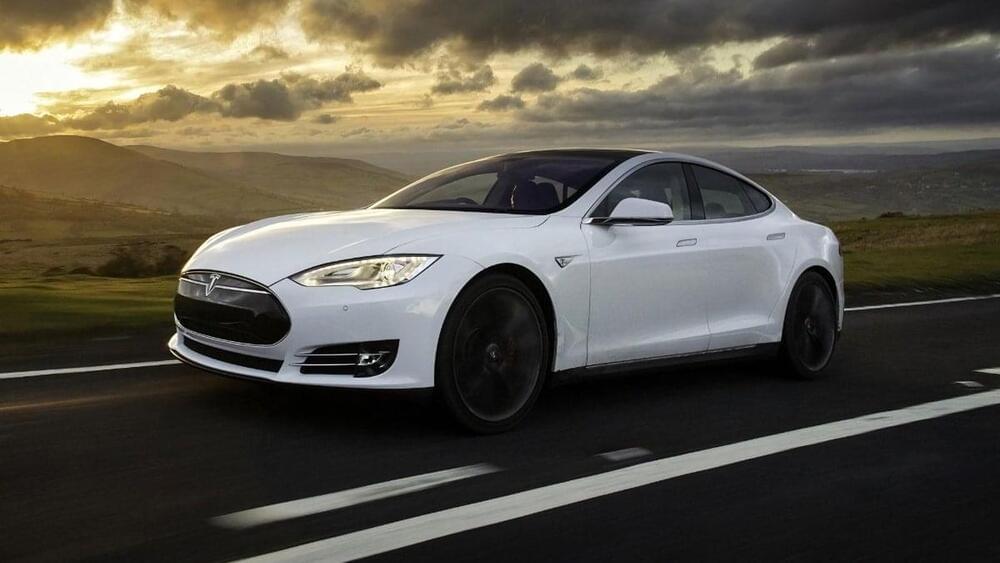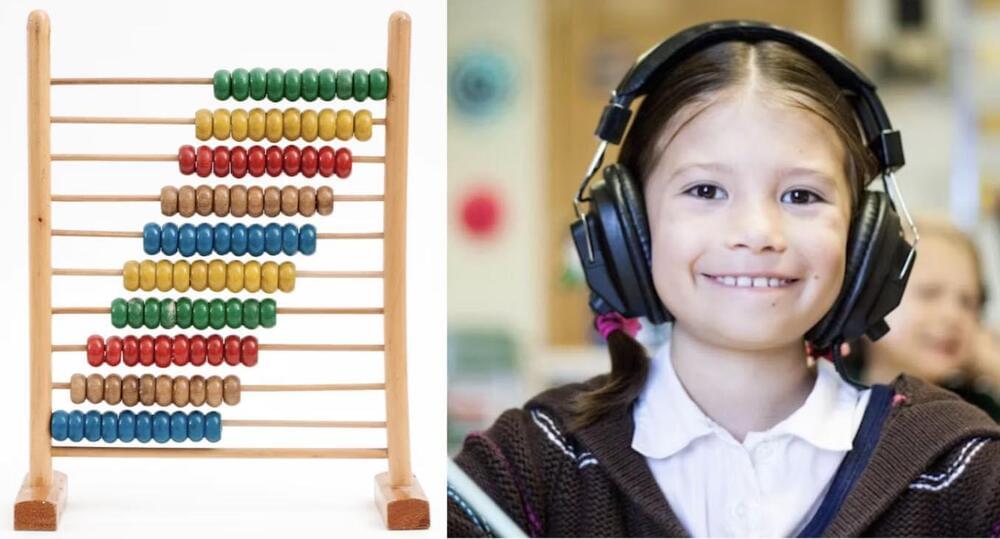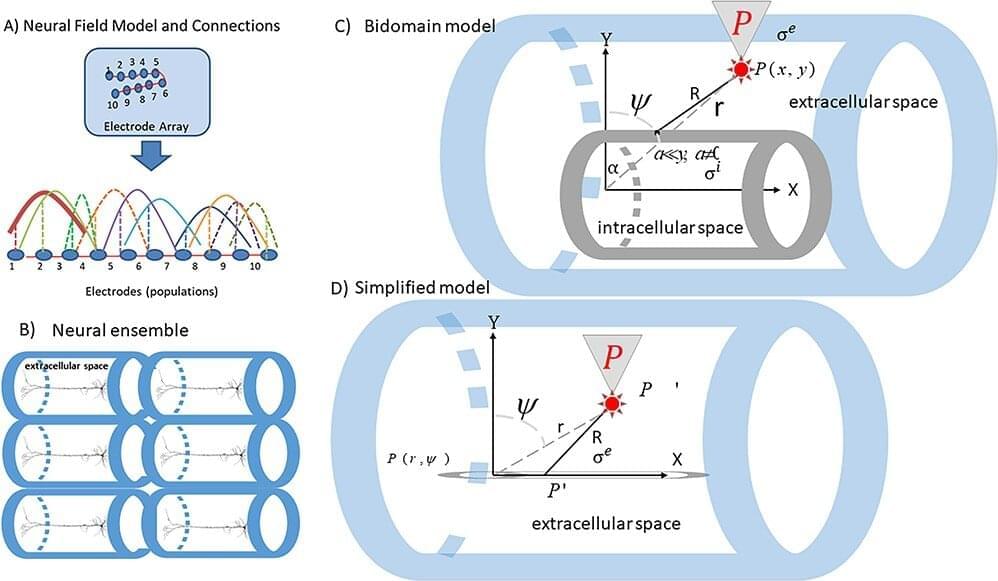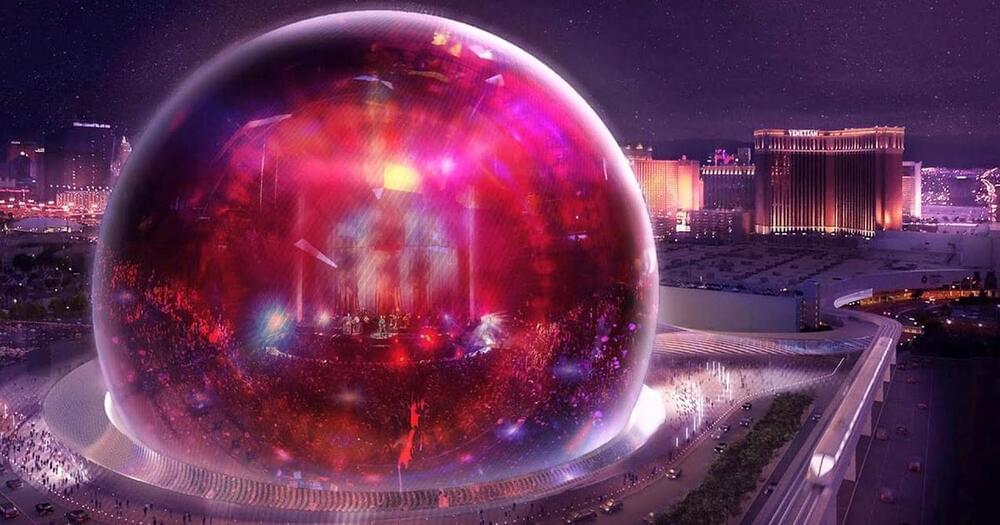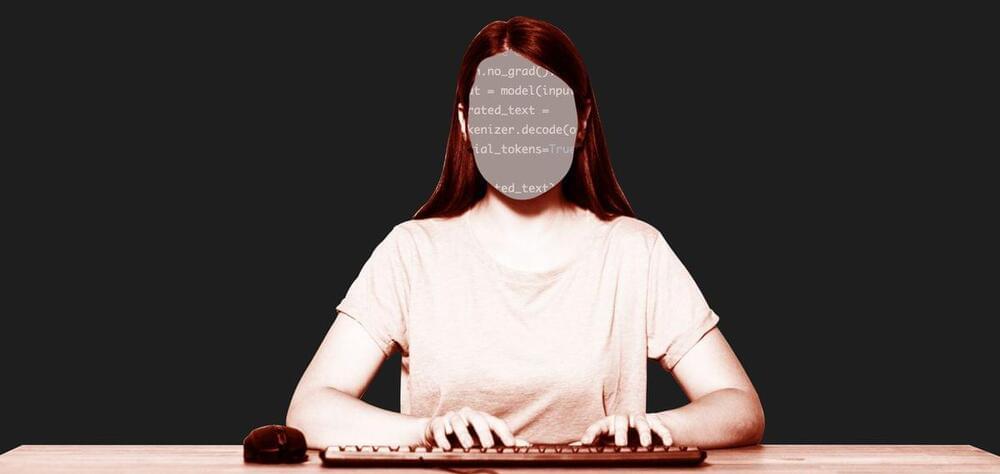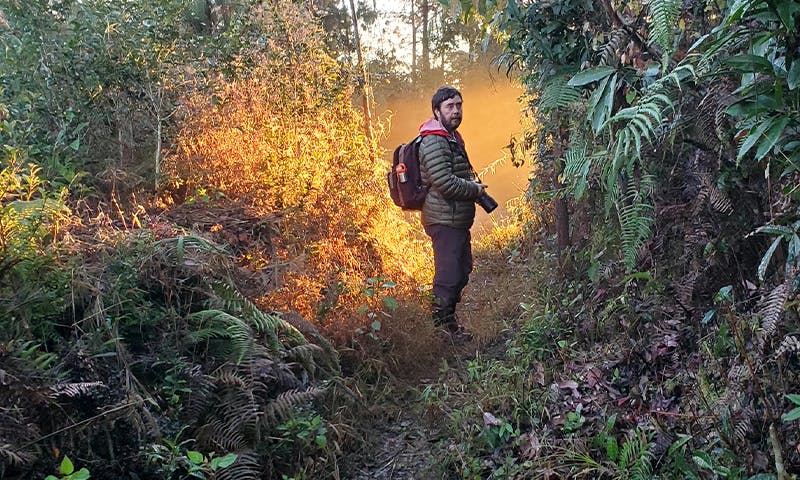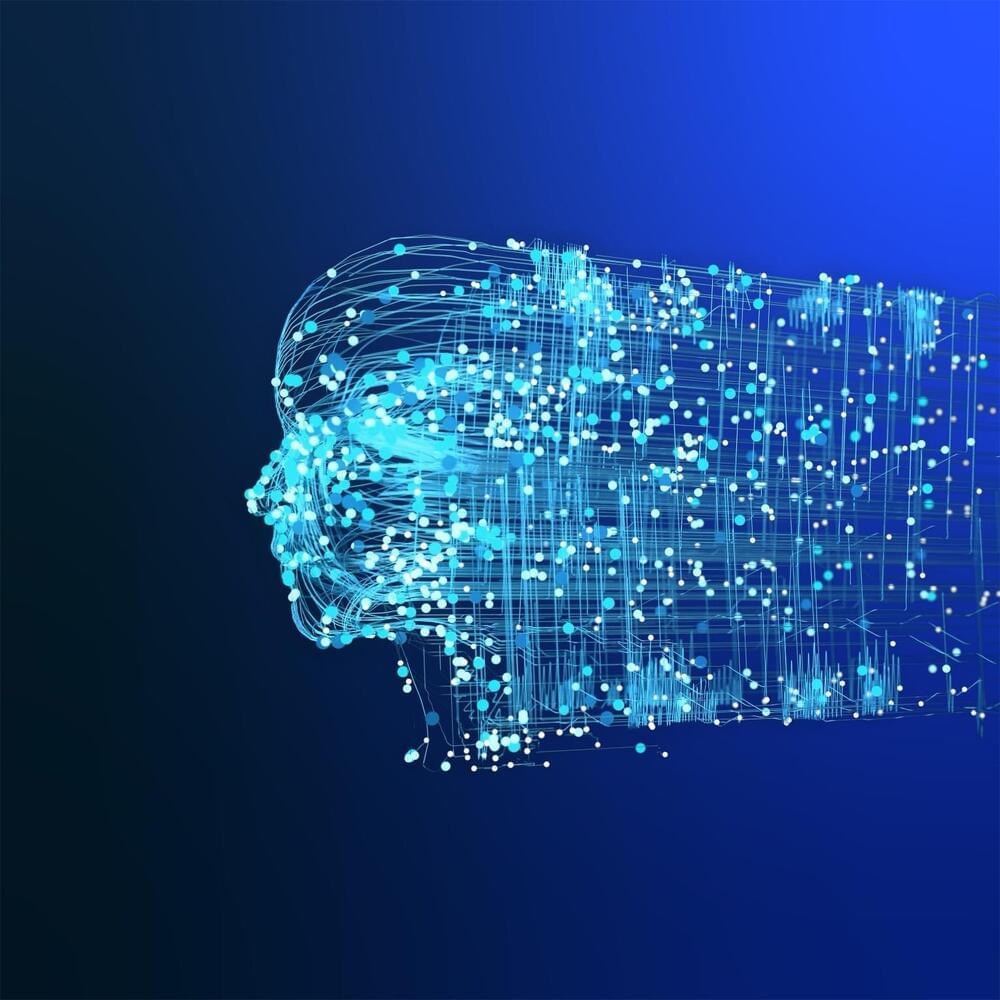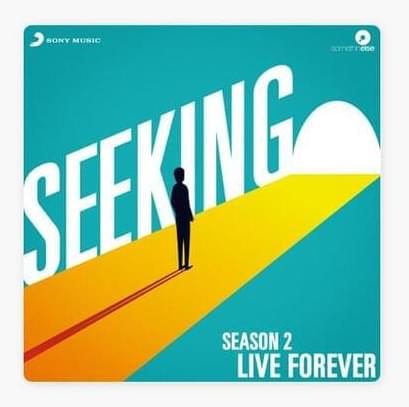Use code isaacarthur at the link below to get an exclusive 60% off an annual Incogni plan: https://incogni.com/isaacarthur.
Robots play an ever greater role in every aspect of our lives, including the battlefield, but what will their role be in the wars of the future?
Visit our Website: http://www.isaacarthur.net.
Join Nebula: https://go.nebula.tv/isaacarthur.
Support us on Patreon: https://www.patreon.com/IsaacArthur.
Support us on Subscribestar: https://www.subscribestar.com/isaac-arthur.
Facebook Group: https://www.facebook.com/groups/1583992725237264/
Reddit: https://www.reddit.com/r/IsaacArthur/
Twitter: https://twitter.com/Isaac_A_Arthur on Twitter and RT our future content.
SFIA Discord Server: https://discord.gg/53GAShE
Listen or Download the audio of this episode from Soundcloud: Episode’s Audio-only version: https://soundcloud.com/isaac-arthur-148927746/robots-warfare.
Episode’s Narration-only version: https://soundcloud.com/isaac-arthur-148927746/robots-warfare-narration-only.
Credits:
Robots & Warfare.
Episode 403a, July 16, 2023
Written, Produced & Narrated by:
Isaac Arthur.
Music Courtesy of:
Epidemic Sound http://epidemicsound.com/creator.
Markus Junnikkala, “We Roam the Stars“
Stellardrone, “Red Giant”, “Between the Rings“
Miguel Johnson, “Far From Home”, “So Many Stars“
Aerium, “Fifth Star of Aldebaran”
